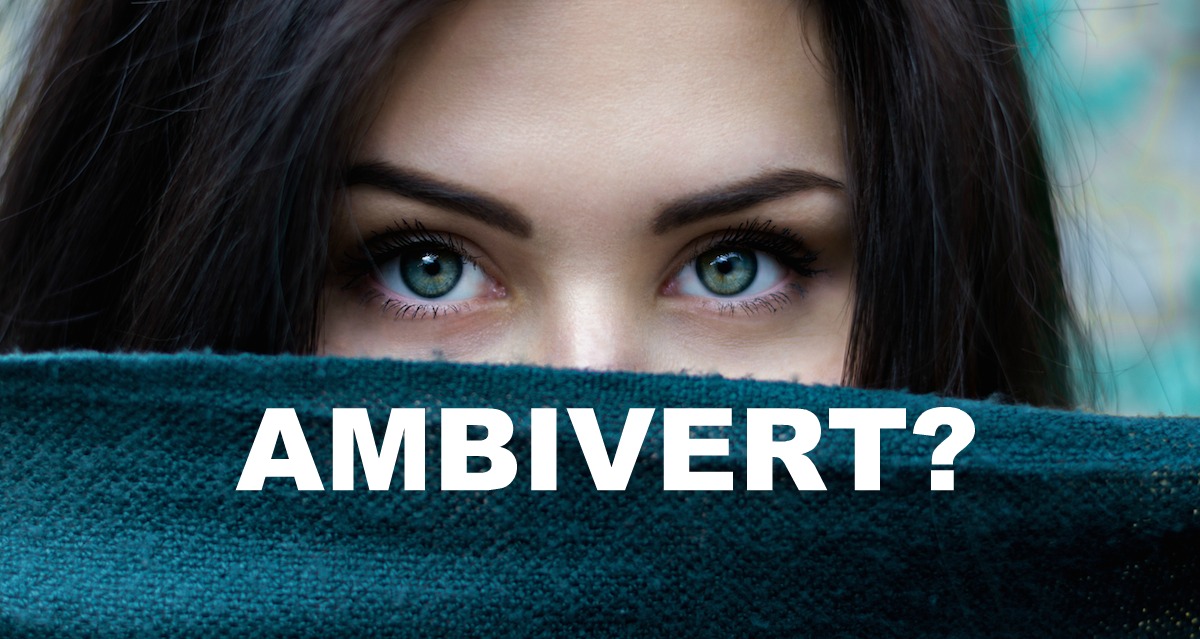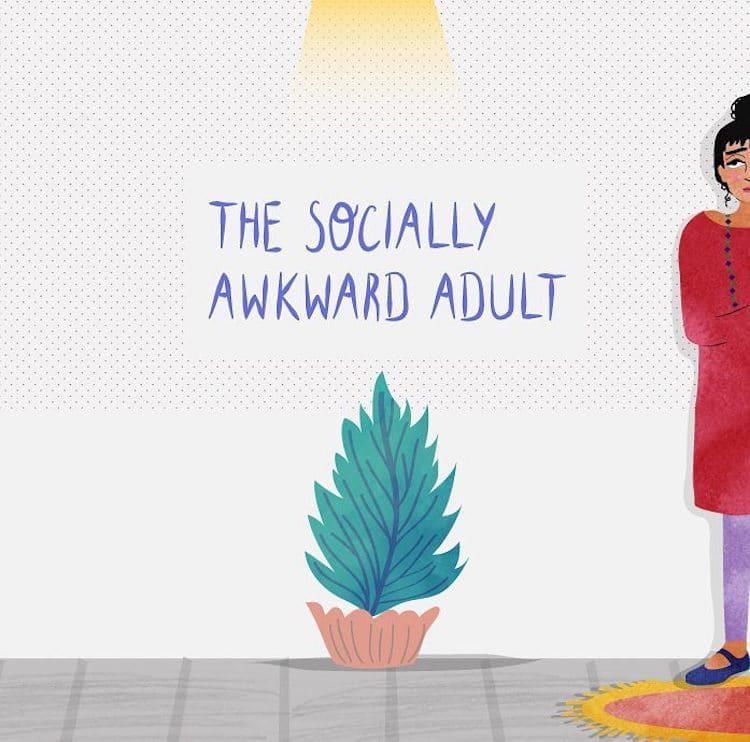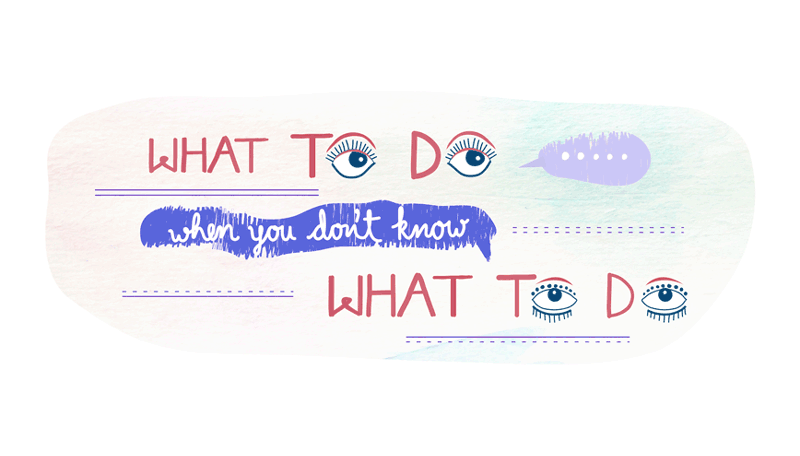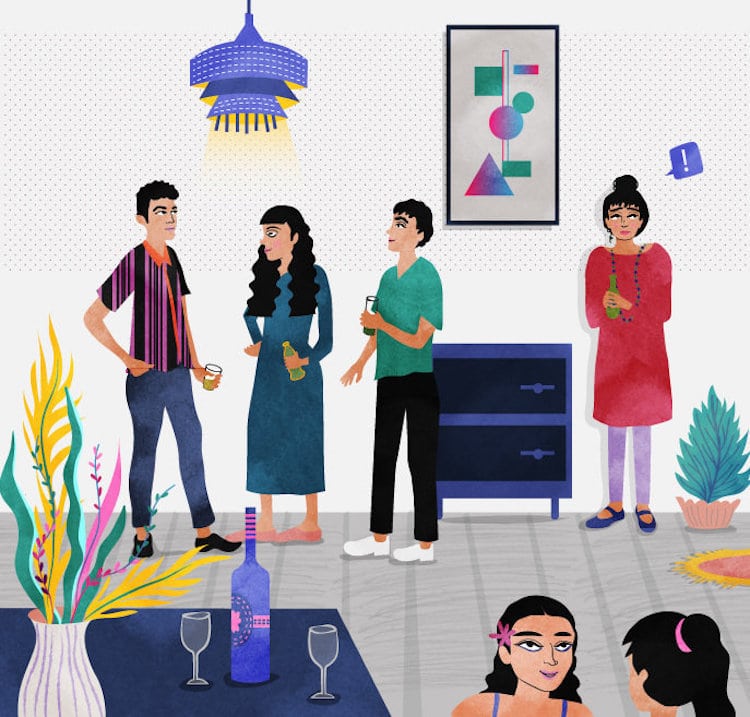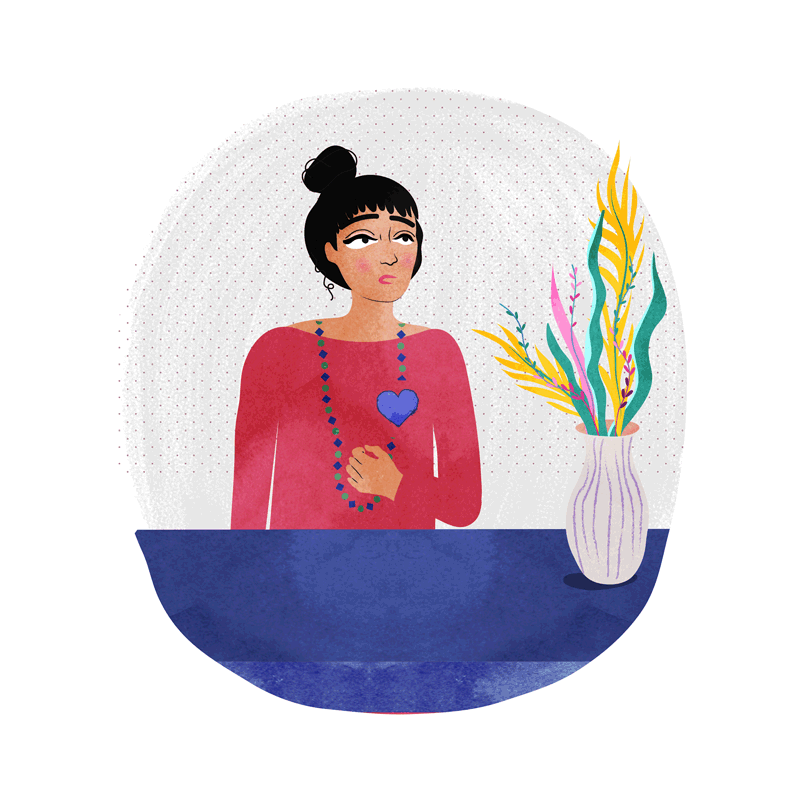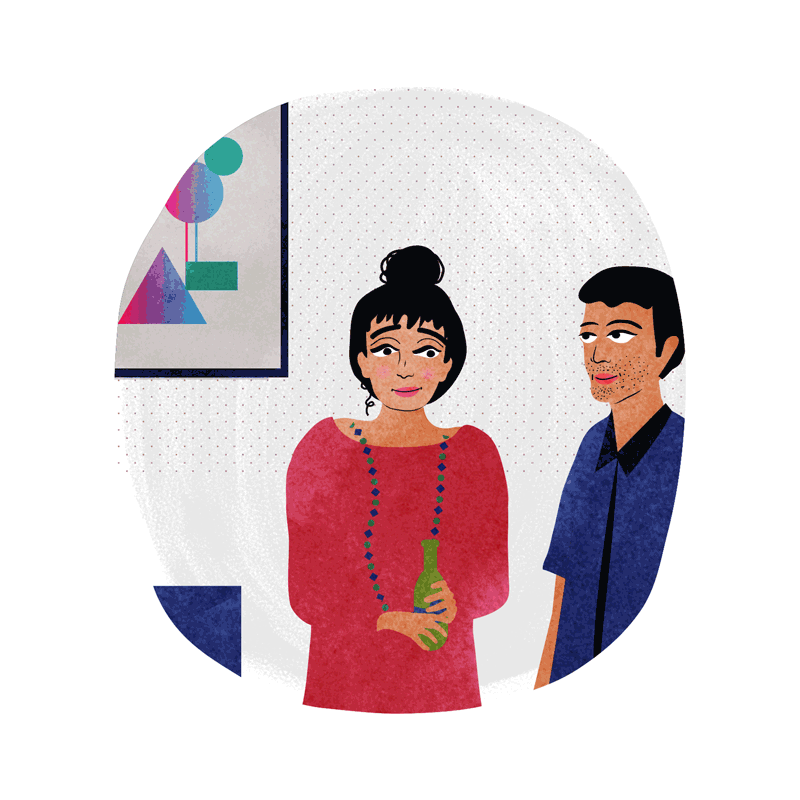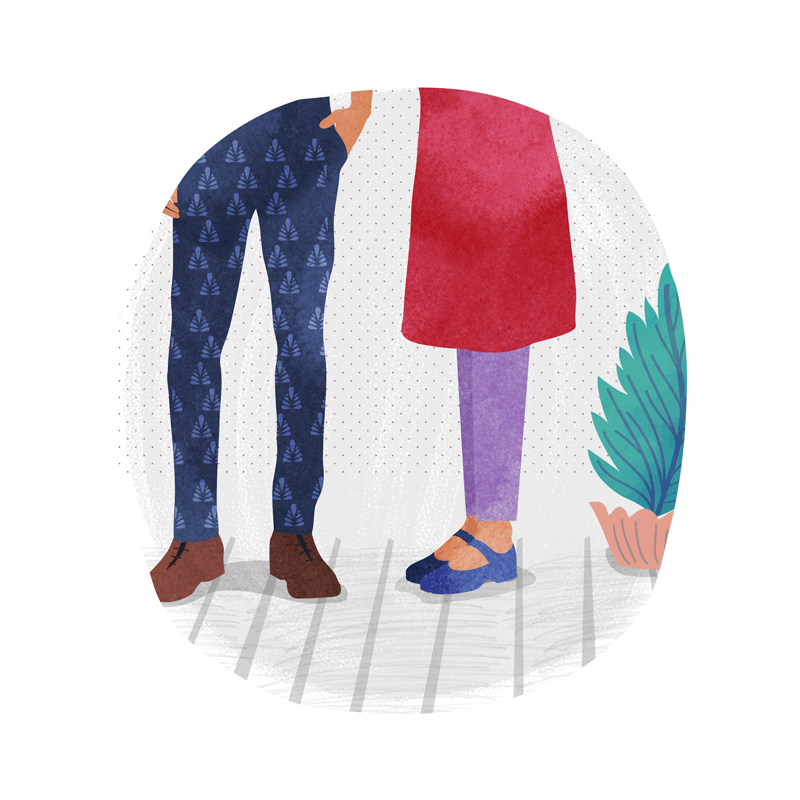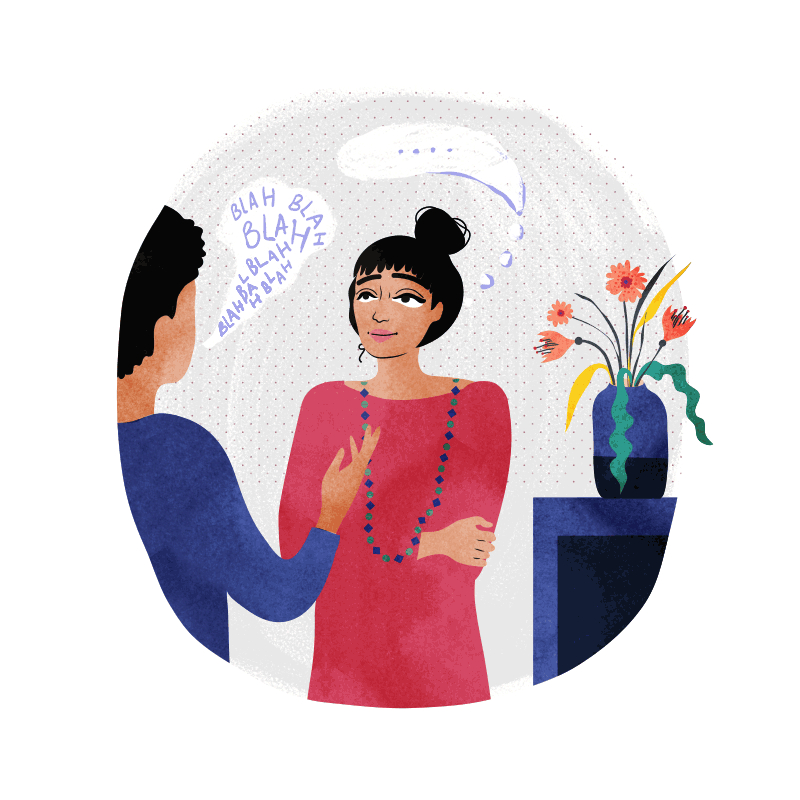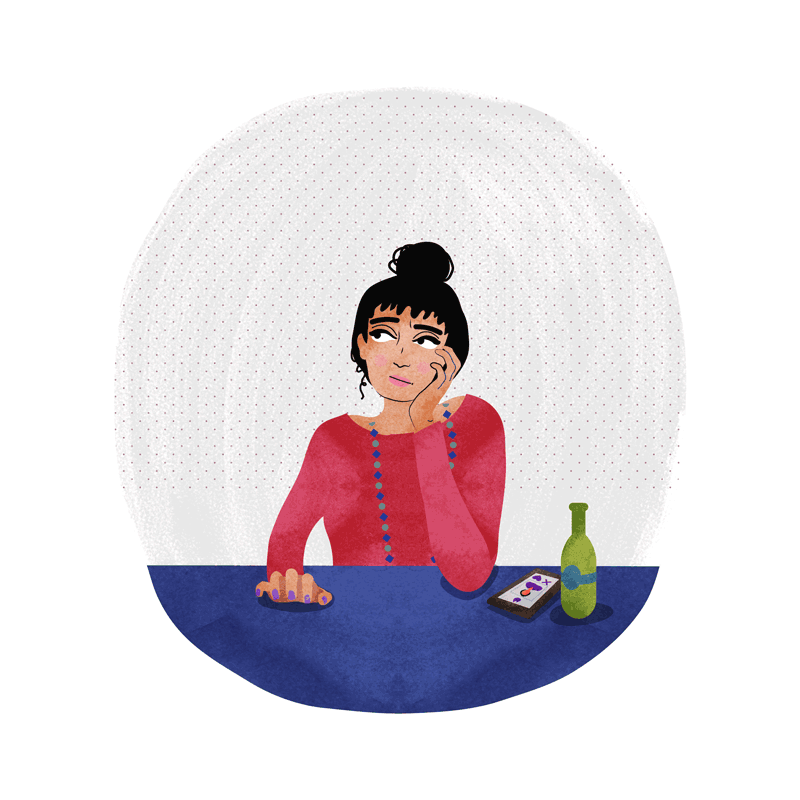What's Your Personality Type?
If you don’t know whether you’re an introvert or an extrovert, you can figure it out very quickly, you only need to observe yourself a little bit .
If you recharge your energy batteries, especially emotional and mental ones, by social interaction, you are probably an extrovert, and if you recover your energy while alone or in quiet surroundings, you’re probably an introverted type of person.
In other words, if you feel energized and refreshed after attending a party, while in a big group of people or by being very socially active (“absorbing the good vibes), you’re probably an extrovert, and if you feel recharged after being alone or in a very limited company with deep conversation, you’re probably an introvert.
Introversion means preferring the inner world, thinking about ideas and wanting to understand, while extraversion means preferring the outer world, including people, things and a desire for action.
An introverted person wants to understand, and an extroverted person wants to act. We can look for the cause for that on the biological level. Researchers found that introverts are highly sensitive to dopamine – the neurotransmitter that helps control pleasure and reward centers – and that the part of the brain called amygdala becomes very active with interaction (introverts have an extremely sensitive amygdala), thus introverts can feel overwhelmed very quickly.
On the other hand, extroverts have relatively low sensitivity to dopamine and therefore require large amount of outer stimulation. The reason for that is that stimuli travel a longer path through the brains of introverts. Understanding that can help you to realize that introversion is not simply a personality trait, but a nervous system setting.
Knowing that, let’s look at some of the most frequent nervous system settings of introverts. They:
- Focus on one’s inner psychic activity.
- Can’t socialize for large amounts of time. They have it, but it’s not long.
- Enjoy solitude, reading, researching, reflecting
- Need peace and quiet for good concentration.
- Work best when they’re alone.
- Prefer deep one-on-one conversations and don’t know how to do small talk.
- Are usually surrounded with close friends and family, and don’t like big groups of people.
- May seem quiet and aloof, sometimes have trouble communicating.
- Like to work on complex problems, paying attention to detail.
- Are easily distracted by the environment’s stimuli (need to make sure there are no distractions).
- Introverts are supposed to be more cat people, while extroverts dog people, but who knows.
As it will be explained later in the article, the facts stated above don’t mean that introverts can’t be social, good lecturers or performers, but definitely in a different way than extroverts. Usually the difference is that they need to recharge in solitude after being exposed to active happenings in their surroundings.

Based on Jonathan Cheek’s research, there are supposed to be four different types of introverts, each type having a slightly different flavor:
- Social: Preference to socialize with small groups instead of large ones.
- Thinking: Very introspective, thoughtful and self-reflective, without aversion to social events.
- Anxious: Not very confident in social skills, often thinking about what could go wrong.
- Reserved: Operating at a slower pace, thinking before acting, taking time to start with action.
The important thing is that one personality type is not cooler than the other type – be it extrovert, introvert or any of their sub types. You can find very successful and happy people on both sides, although some research suggests that extroverts are happier in general. It doesn’t matter if you’re an introvert or an extrovert, the key is to understand yourself better and build your life on your strengths.
There are many successful introverts, including:
- Michel Jordan
- J.K. Rowling
- Bill Gates
- Abraham Lincoln
- Christina Aguilera
- Albert Einstein
- Warren Buffet
- Clint Eastwood
- Harrison Ford
- Barack Obama
- Marrisa Mayer
- Hillary Clinton
- Mark Zukerberg
- Elon Musk
- Mahatma Gandhi
- Larry Page
- Angelina Jolie
- Steven Spielberg
- Marilyn Monroe
- Jay Z
- Al Gore
- Leonardo DiCaprio
- Emma Watston
- even Lady Gaga
Nevertheless, when being an introvert or an extrovert hinders you, you have to go out of your comfort zone and push yourself to become better. It’s the same for both types. Much like introverts sometimes have problems with speaking up or socializing when really needed, extroverts often have problems with things like thinking before acting, focusing, not losing time on too much socializing etc.
The good news is that when you push yourself to overcome weaknesses of one type or the other at key moments in your life that need characteristics of the opposite side, you may slowly become the ambient type, possessing both introvert and extrovert personality traits; then you can experience the benefits of both types and make your experience and understanding of life much richer and deeper, probably also loving and getting along with more people.

/184690869-56a793f13df78cf772974f64.jpg)


